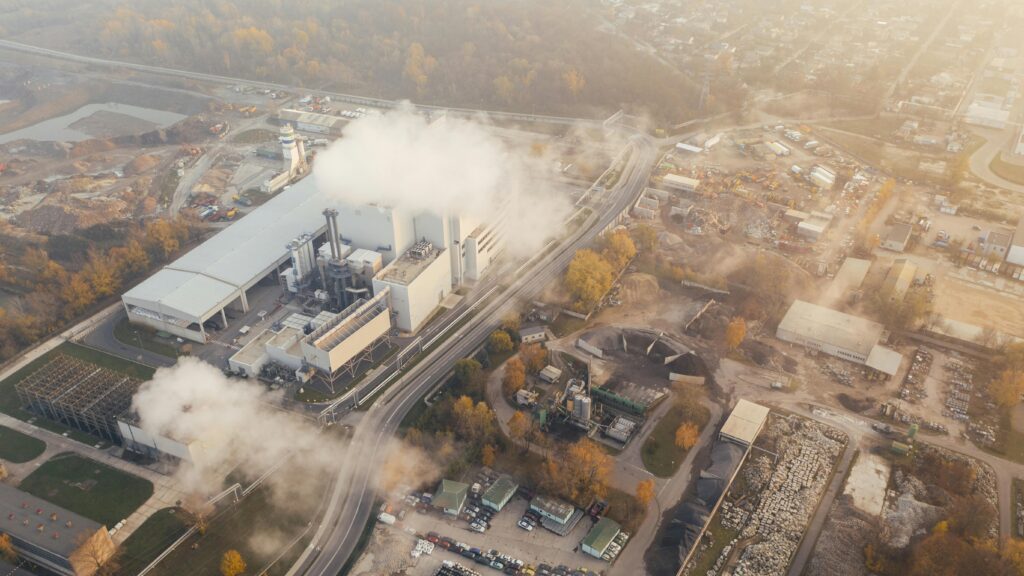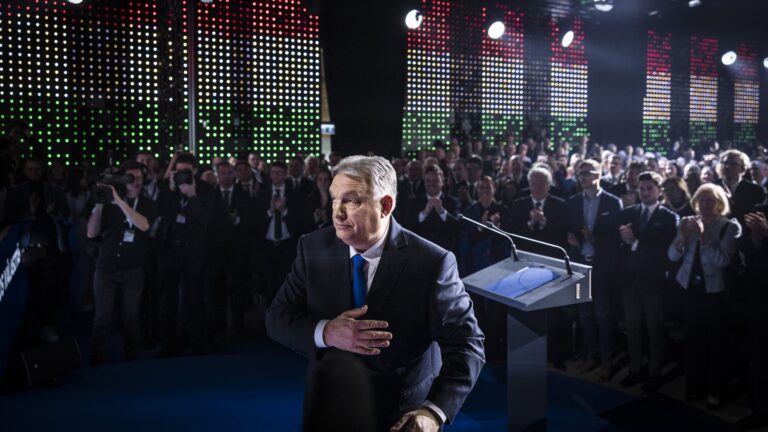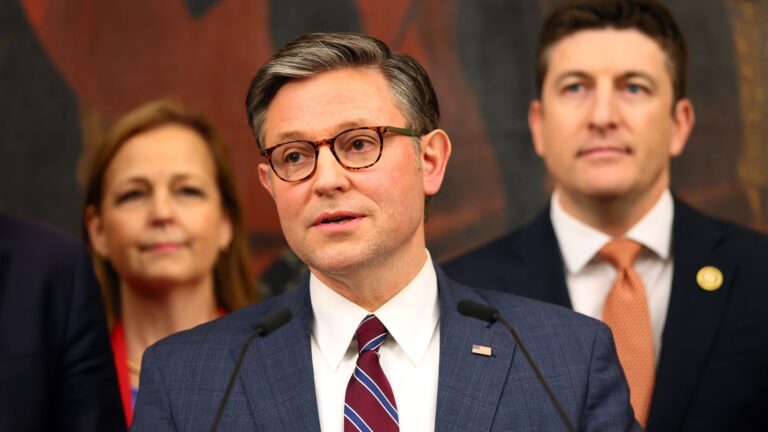The Brazilian Supreme Court has become the first in the world to recognize the Paris Agreement as a human rights treaty. The ruling is part of the court’s climate change ruling, which also ordered the government to reactivate its national climate fund. Essentially, the ruling makes it so that the Paris Agreement takes precedence over national law. Is this a step in the right direction that sets Brazil on the path for a greener future?
‘While scholars have argued that the Paris Agreement is a human rights treaty, the Brazilian court is the first to formally recognize it as such,’ explained Maria Antonia Tigre, global climate litigation fellow at Columbia University’s Sabin Centre. The Paris Agreement is the first global environmental pact to explicitly mention human rights, but it is relegated to the preamble, calling nations to ‘respect, promote and consider their respective obligations on human rights’ when dealing with climate change, which is the reason for the disagreements over the adoption of the human rights obligations.
‘While scholars have argued that the Paris Agreement is a human rights treaty, the Brazilian court is the first to formally recognize it as such’
Brazil’s climate fund, Fundo Clima, set up in 2009, to easy the pain of climate change as part of Brazil’s national climate policy was inoperative in 2019. The annual plans were not prepared; money was not distributed to support projects that aimed to mitigate the effects of climate change.
Consequently, the court tackled the question of human rights regarding a case concerning the government’s failure to distribute money to projects from the Fundo Clima. The court wrote that ‘Treaties on environmental law are a type of human rights treaty and, for that reason, enjoy supranational status. There is therefore no legally valid option to simply omit to combat climate change.’
The Supreme Court’s intentions may be pure, as they try to aim for a more sustainable future, but Brazil shows no sign of slowing down the breakneck speed at which they are cutting down the Amazon Forest.
Deforestation in the Amazon surged to record levels this year, with January, February and April reaching historical heights of deforestation. The extermination of the forest has soared ever since Jair Bolsonaro took office. He argues that farming and mining will reduce poverty in the region, ignoring the long-lasting impacts of quick financial gain.
The rate of deforestation is expected to rise, as it tends to do in election years, because officials do not want to anger voters by enforcing the law.
While this is seemingly the first step towards the protection of the forest, it is too little too late
Despite this, at the end of May, Bolsonaro signed a decree to increase fines for environmental crimes, to protect the rainforest. The decree raises the fines for falsifying documents to cover up illegal logging and outlines heavier consequences for repeat offenders. While this is seemingly the first step towards the protection of the forest, it is too little too late. Even if the decree is enforced, which is doubtful due to the aforementioned voter pandering, there were no steps made to reduce legal logging, and the fines will not prevent illegal loggers from cutting down the trees.
Brazil’s policies are not consistent with the 1.5 Celsius degree temperature limit of the Paris Agreement, but rather a 3-4 Celsius degree warming. They are a major CO2 emitter, a large portion of which can be attributed to land use and forestry.
On the opposite end of the spectrum, the EU and Hungary are well on their way to meet the goals outlined in the agreement, due to savvy investments, policies and satisfactory funding for green projects. For example, Hungary vowed to reduce greenhouse gas emissions by 55 per cent compared to 1990 levels by 2030, which it is on track to achieve.
Considering the facts, the Brazilian Supreme Court’s ruling, while seemingly well intentioned, appears to be hypocritical. The Bolsonaro government has not made the necessary steps to truly protect and preserve the Amazon Rainforest. Despite the fact that the Paris Agreement now supersedes national law, its enforcement is not likely to happen based on the track record of the government.







